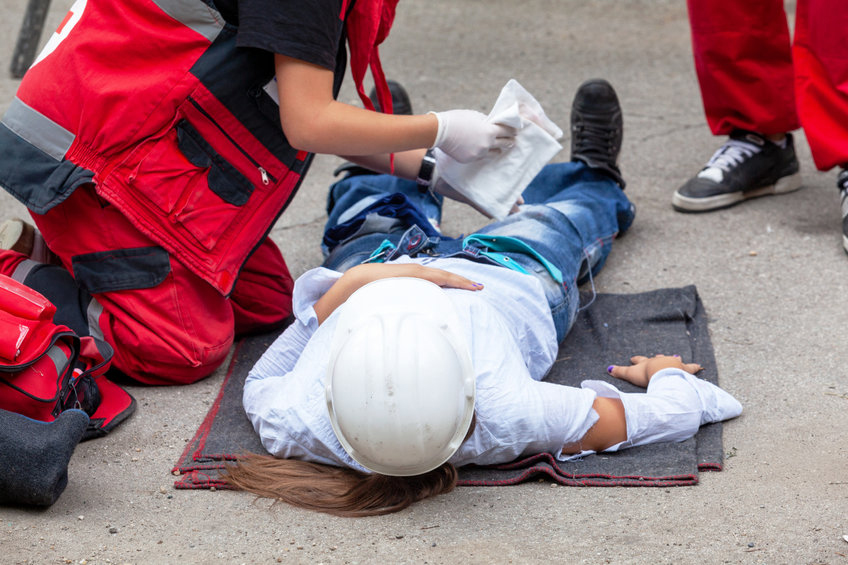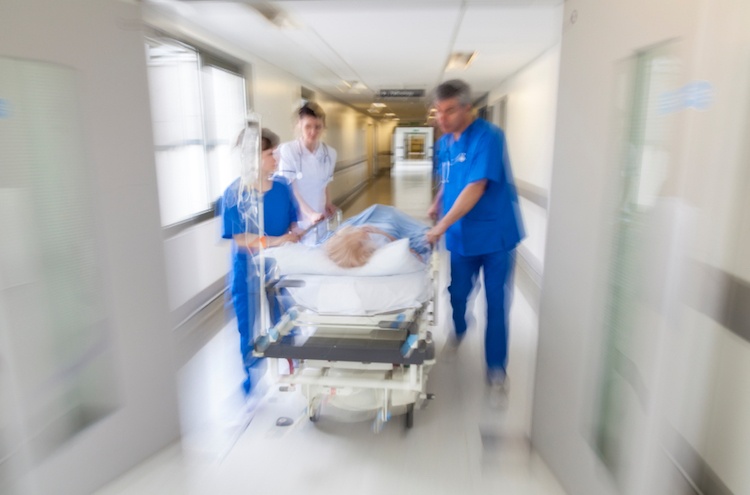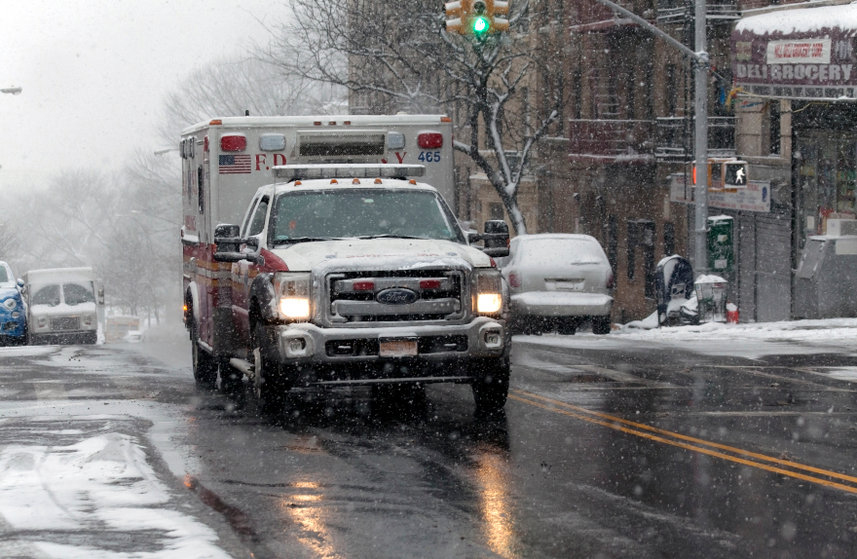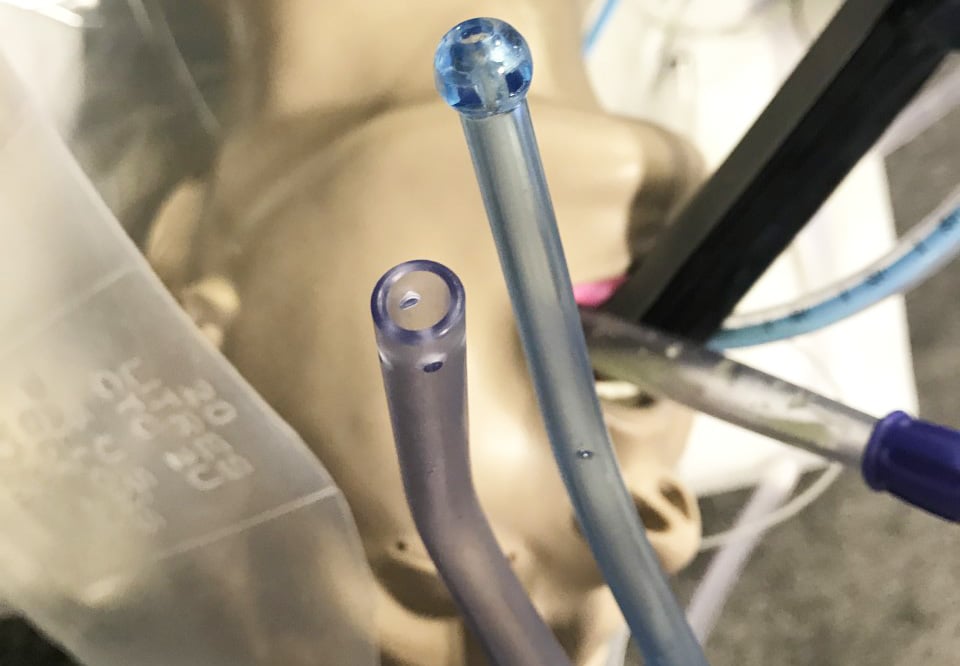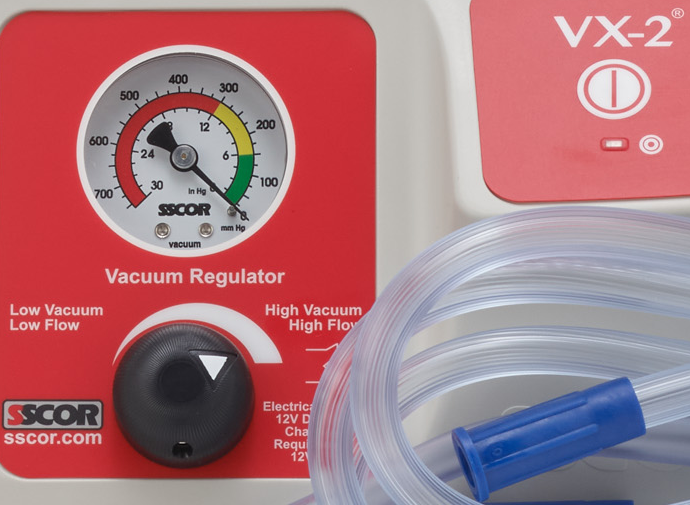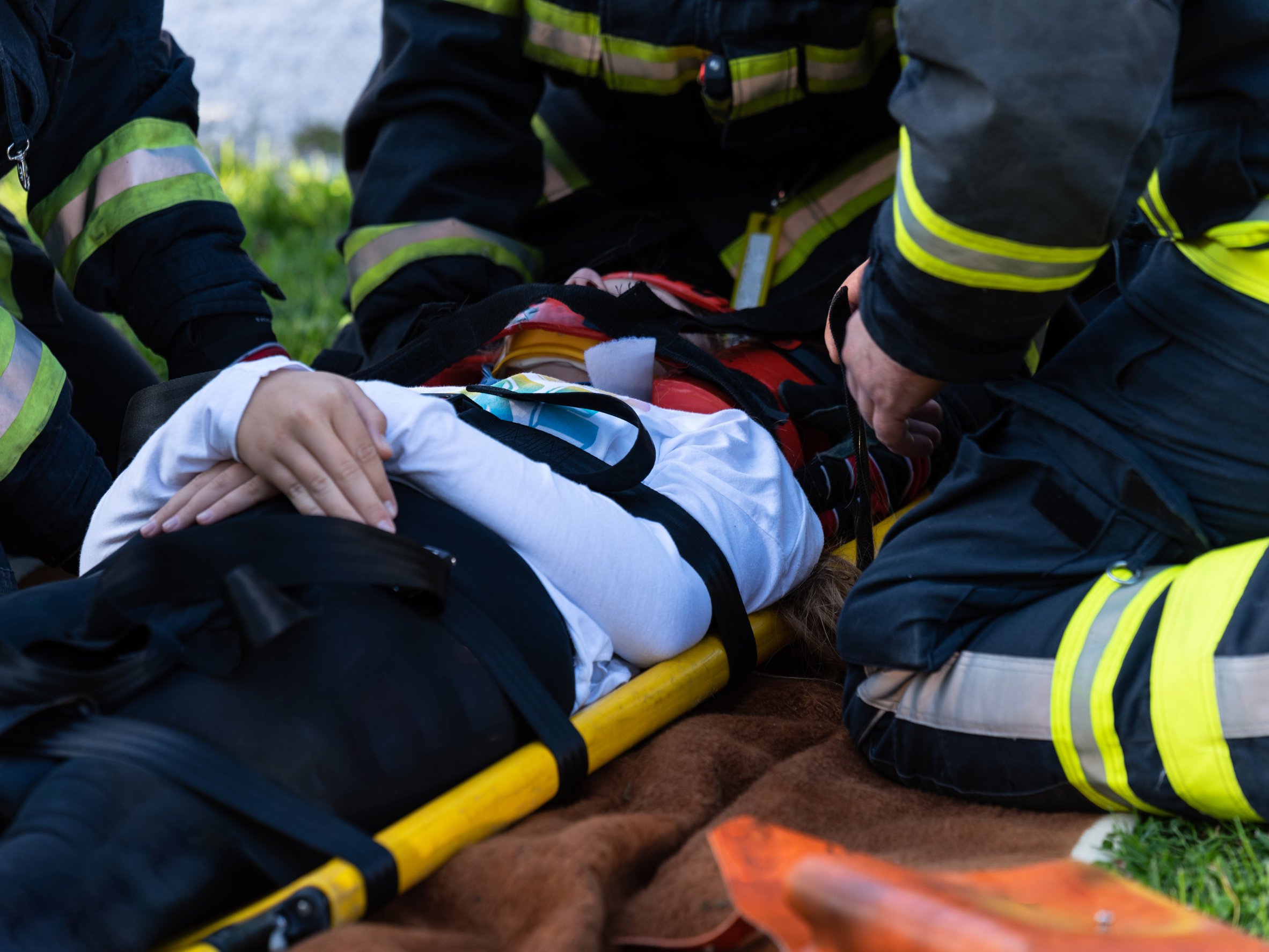2021 was another unique year for medical professionals, as the pandemic stretched into another year, reminding us how important it is to keep up with changing health and safety information.
That message resonates with SSCOR, because the products we produce often directly impact patient health and well-being. It’s also a big reason we like to keep our customers and friends in the emergency medicine sector informed through our blog.
As we look to 2022, these were the most-read blogs from the past year.





